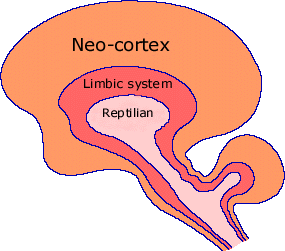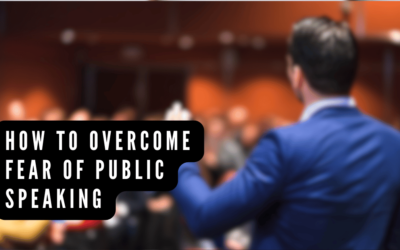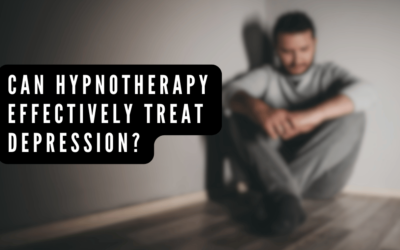It’s ten o’clock at night. I am standing in my bathrobe and soft slippers holding the fridge door open, staring into the yellowish light, meditating to the rhythmic hum of the cooling system. The inner debate begins, “Why am I here? I am not hungry, but I could eat. I am not sure I want anything. But I do want something, don’t I? If I didn’t, I wouldn’t be standing here? But I really shouldn’t. Maybe just a little. A little won’t hurt. How many calories are in a quarter-piece of cheesecake, anyway?”
Maybe this situation sounds all too familiar. Consider this famous statement made almost 2000 years ago:
“The trouble is with me, for I am all too human….I don’t really understand myself, for I want to do what is right, but I don’t do it. Instead, I do what I hate.”
(Paul, NLT, Omission noted with ellipses).
In my opinion, the source of some of these inner conflicts resides in the organization of our brain functions. A theory developed by Paul D. MacLean, called the Triune Brain Hypothesis, organizes our brain into three parts: the reptilian brain, the limbic system and the neo cortex. Each part of the brain serves a different function and plays a different role in the ten-o-clock cheesecake debate.
(image from http://website.lineone.net/~bryn_evans/Triune_Brain/triune_brain.htm)
The Reptilian Brain
The primary function of the reptilian brain is survival: structurally, this is the part of our brain that we share with every vertebrate on the planet, from birds to reptiles. It controls a range of involuntary functions, for example, it keeps us breathing; it keeps our heart beating, it keeps our right pinky finger healthy—even when we aren’t paying much attention.
The Limbic System or the Mammalian Brain
We share the limbic system with every mammal on the planet. The limbic system has also been dubbed the “emotional brain” and is thought to home to our emotions, pleasure centers, spatial memory, long-term memory, and our sense of smell. The limbic system also houses the structures of the brain responsible for addiction.
The limbic system along with the reptilian brain also plays a key role in regulating basic survival functions and plays a key role in releasing chemicals to produce the “fight or flight” and “feed and breed” responses. Simply put, if the limbic system perceives a threat, it can override higher brain functions for self-preservation. Incidentally, the limbic system also plays a key role in linking “cheesecake” and “pleasure” and producing a powerful ten-o’clock gut-level response to the cheesecake calling us from the refrigerator.
The Neo Cortex
The neo-cortex is the home of our higher brain functions, such as conscious thought, logic and language, among other things. The neo cortex plays the role of logically informing us that we are not even hungry and the cheesecake has one thousand calories that we don’t really need.
Stated Another Way
Simply put, part of our brain speaks the language of reason and part of our brain speaks the language of emotion. Sometimes we try to use our logical mind to subdue an emotional issue, when we really need to allow our emotional mind to release that issue, to let it go. Unfortunately, most of us have no idea how to start.
I teach my clients that our conscious mind is home to logic, reason and willpower and that our unconscious mind speaks the language of emotion and metaphor. For example, what do we experience when we sleep? Logic and reason? Probably not. How many of us dream about mathematical sequences or find that our dreams are organized into rational arguments, like a well-crafted thesis? If you are like me, your dreams are embedded with sometimes bizarre images and metaphor mixed with powerful, visceral emotions.
I think that understanding how to communicate with our unconscious mind has some implications about how we try to manage our midnight cravings. To manage our emotional brain we need to learn to speak its language: the language of emotion and metaphor. We can’t make the mistake of assuming that our limbic system is going to understand and translate ideas from the higher language of “logic.” Logic does not reside in the emotional brain. That is why, when we are dealing with an emotional issues and logic and the imagination wrestle, logic loses–it is simply speaking the wrong language.
So how do we speak to the unconscious mind in a way that it will understand? Here are several important assumptions about the way the unconscious mind works.
1. The unconscious mind is the domain of the emotions.
2. The unconscious mind communicates in symbols.
3. The unconscious mind represses unresolved negative emotion.
4. The unconscious mind may present us with repressed memories for resolution.
5. The unconscious mind may keep emotions repressed for protection.
6. The unconscious mind typically takes the path of least resistance.
In my experience, hypnosis has some of the most powerful tools to communicate directly with the unconscious mind. To learn more about how hypnosis can help with the midnight cheesecake battle or other unconscious battles, contact me to schedule an appointment at my office, via telephone or Skype.
[email protected] or 385-432-0729.
I wrote this article as a part of a continuing education course at www.ModernJedi.com



